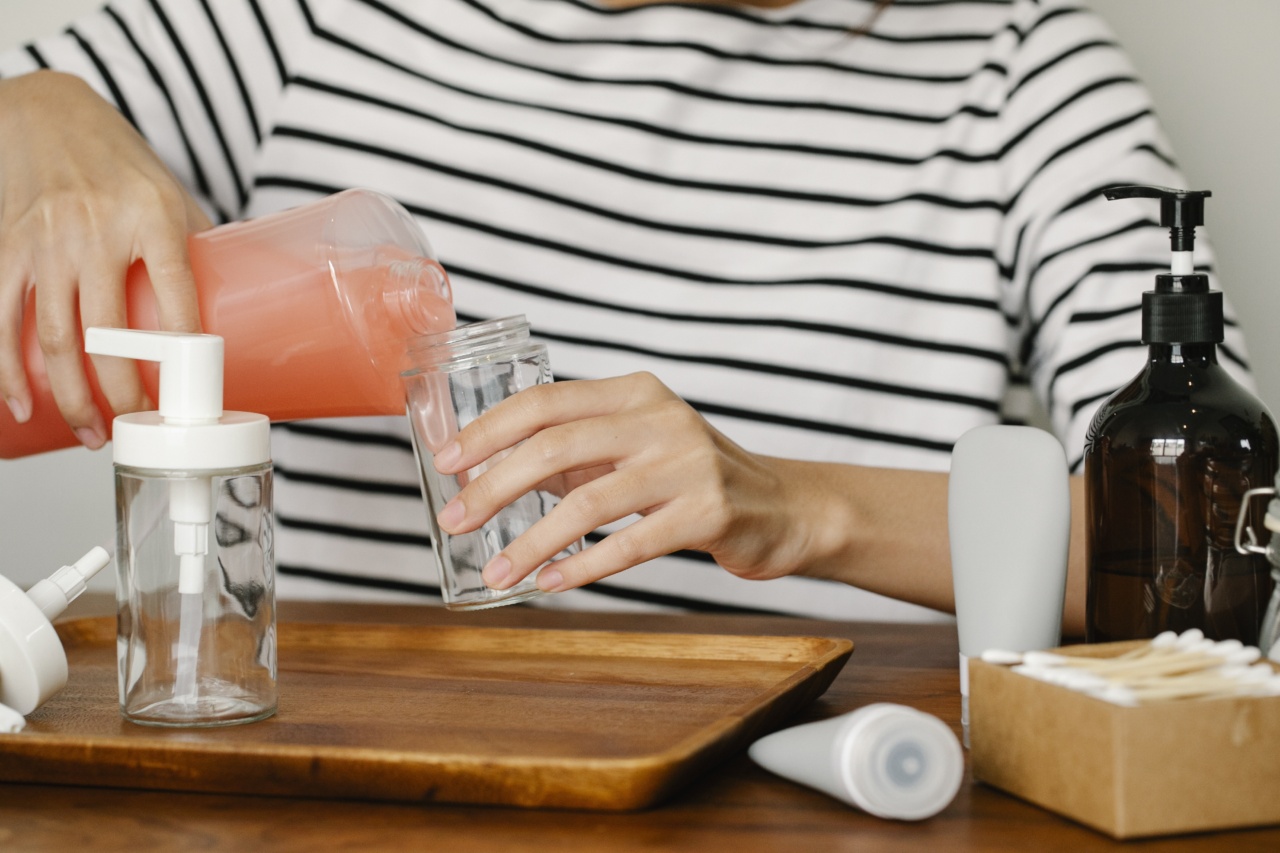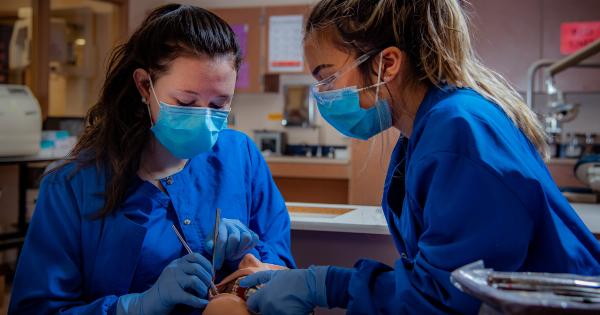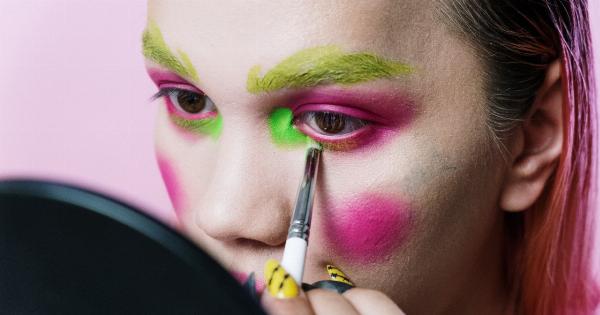During pregnancy, women are often advised to pay careful attention to what they consume and expose themselves to in order to protect the health and development of their growing baby.
This includes being cautious about the chemicals they come into contact with, including those found in cosmetics and personal care products. This article explores the potential risks associated with chemical exposures in cosmetics while pregnant.
The Importance of Cosmetics
Cosmetics play a significant role in enhancing one’s physical appearance, boosting confidence, and promoting self-expression. From skincare products to makeup, we often rely on these items to look and feel our best.
Nevertheless, it is vital to recognize that not all cosmetic products are created equal, especially when it comes to their potential impact on the health of pregnant women and their unborn children.
Understanding Chemical Exposures
The human body can absorb chemicals through the skin, and some cosmetic ingredients may be able to penetrate into deeper layers.
During pregnancy, the developing baby is particularly vulnerable to the effects of certain chemicals due to their rapidly growing and developing organs. Exposure to harmful chemicals in cosmetics during pregnancy may result in adverse reproductive and developmental outcomes.
Potential Risks and Concerning Chemicals
Several chemicals commonly found in cosmetics have stirred concerns due to their potential risks, especially when it comes to prenatal exposure. Here are some of the most concerning chemicals:.
1. Phthalates
Phthalates are a group of chemicals used to enhance the texture and flexibility of plastic. They can be found in cosmetics, fragrances, and nail polishes.
Prenatal exposure to phthalates has been linked to developmental abnormalities, hormonal disruptions, and impaired fertility.
2. Parabens
Parabens are preservatives used to prevent microbial growth in cosmetics. They can mimic estrogen in the body and have been associated with hormonal disruptions.
While more research is needed, some studies suggest a potential link between paraben exposure during pregnancy and adverse developmental effects.
3. Formaldehyde
Formaldehyde is used as a preservative and is commonly found in nail polishes, hair straightening treatments, and some skincare products.
It is a known human carcinogen and exposure during pregnancy may pose a risk to both the mother and the developing baby.
4. Retinoids
Retinoids, including retinol and isotretinoin, are derivatives of vitamin A. While vitamin A is essential for normal development, high doses of retinoids, when taken orally or applied topically, have been associated with birth defects.
Pregnant women are advised to avoid using skincare products containing retinoids.
5. Lead
Lead is a toxic metal that can be found as an impurity in certain cosmetics, including lipsticks and eyeliners.
Prenatal exposure to lead has been associated with developmental delays, cognitive impairments, and other adverse health effects in children.
Tips for Safer Cosmetic Use During Pregnancy
To minimize potential risks associated with chemical exposures in cosmetics while pregnant, consider the following tips:.
1. Read Labels
Pay attention to the ingredients list and avoid products that contain known harmful chemicals, such as phthalates, parabens, formaldehyde, and retinoids.
Opt for products labeled as “paraben-free,” “phthalate-free,” or “pregnancy-safe.”.
2. Choose Natural and Organic Options
Consider using natural and organic cosmetics, as they are typically made from plant-based ingredients and are less likely to contain harmful chemicals.
3. Use Fragrance-Free Products
Many fragrances contain phthalates, which may not be specified on the label. Choose fragrance-free alternatives or products that use natural essential oils for scent.
4. Practice Good Ventilation
When using nail polishes, hair sprays, or other potentially volatile products, make sure the room is well-ventilated to reduce inhalation of potentially harmful chemicals.
5. Conduct Patch Tests
If you are trying out new cosmetics during pregnancy, especially skincare products, perform a patch test on a small area of skin to check for any adverse reactions or allergies.
6. Consult with Your Healthcare Provider
If you have specific concerns about certain cosmetic products, ingredients, or their potential effects during pregnancy, consult with your healthcare provider for personalized advice.





























